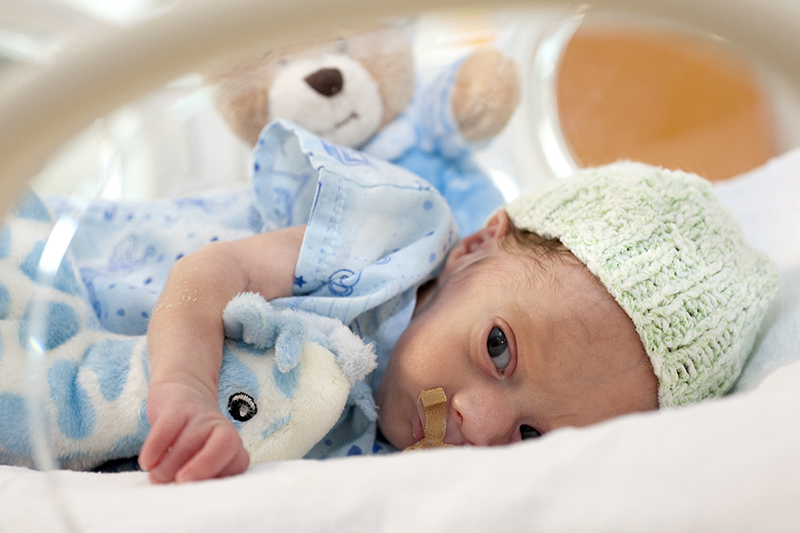Search

News & Events
Study confirms maternal whooping cough vaccine protects babies at critical ageA The Kids Research Institute Australia and Curtin University-led study has found the maternal whooping cough vaccine given to pregnant mothers in the second or third trimester significantly reduced babies’ risk of infection, protecting them at their most vulnerable age.


News & Events
Researchers share their expertise with the community in CockburnResearchers from the Wesfarmers Centre of Vaccines and Infectious Diseases at The Kids Research Institute Australia have shared their expertise with the community in Cockburn, covering topics ranging from respiratory disease in babies to recurring ear infections in kids.

News & Events
Latest Deborah Lehmann Research Award RecipientCongratulations to Dr Paula Tesine who is the successful recipient of the Deborah Lehmann Research Award. As the third recipient of the Deborah Lehmann Research Award, Dr Tesine received $30,000 towards her research.

News & Events
The Kids Research Institute Australia leads WA arm of Australia’s first needle-free COVID-19 vaccine studyEnrolments for Australia’s first needle-free, gene-based COVID-19 vaccine study – to be led in WA by The Kids Research Institute Australia – are open.
Registration Testimonials Registration for IIC Perth includes: 2-day lecture program with global experts in infectious diseases Course materials
IIC Perth 2019 Faculty Testimonials Contact us I liked the breadth available in the course: both local and international, and very specialised areas
Scientific Committee Chair and Vice Chair Scientific Committee Members Contact us If you'd like to get in touch, please contact Marie Nadal-Sims by
Venue Information Accommodation Options Contact us THE UNIVERSITY CLUB OF WESTERN AUSTRALIA Hackett Entrance #1, Hackett Drive, Crawley, Western
Contact us If you'd like to get in touch, please contact us by phone or email. Phone: 0400 450 240 Email: vtg@thekids.org.au The PRIME Study The
